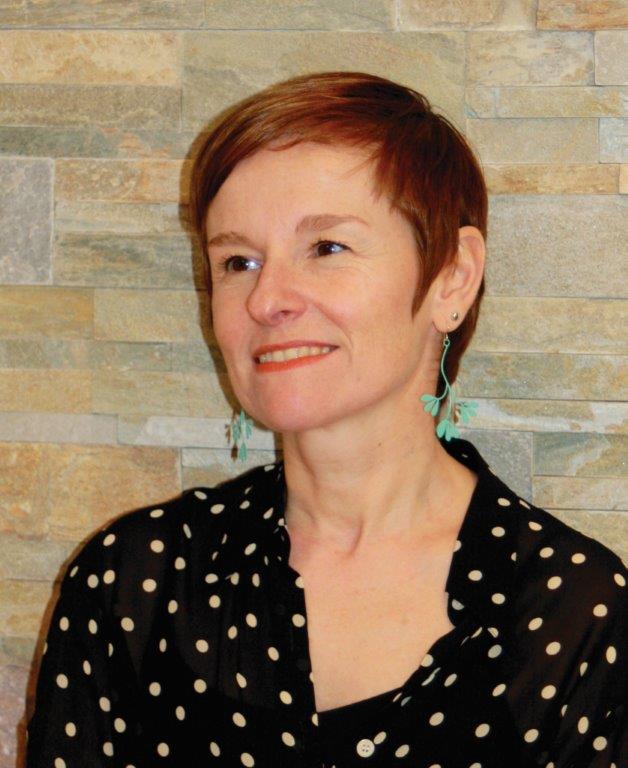
Operators of the state’s eight licensed medical dispensaries, along with other stakeholders, have been actively working to shape the implementation of adult-use laws.
“We are very much like every other state that has gone through this phase,” Rosi says. “It’s a state of mass confusion, but the pendulum will swing the other way and some clarity will be there, but as of now we’re in the thick of it.”
According to Rosi, the bulk of the political wrangling will be over by summer 2018. However, until then, the state is witnessing the impact of the “50 shades of gray market,” she says, pointing out that the use, possession and transportation of marijuana became legal on New Year’s Day, but only medical patients have a legal means to buy cannabis at the moment.
“What is currently happening here in Maine is that demand has exploded and there’s not really a proven supply mechanism as of yet,” Rosi says. “Patients don’t think that they need their certification anymore. Caregivers, who are small medical producers, think that they can open stores. Providers don’t think they need to certify patients anymore. Everybody is very confused out there.”
Rosi says there have been discussions about allowing adult-use sales through Maine’s eight licensed medical dispensaries — of which four are owned by Wellness Connection of Maine. It would be a similar stop-gap measure to what Oregon employed, but the Maine Legislature “is still debating who should be the licensing authority and so on and so forth,” Rosi says.
Either way, Wellness Connection has spent the past year doubling its production capacity in anticipation of the recreational market. But planning ahead is a balancing act between catering to the new market of recreational consumers and the dispensaries’ existing base of medical patients. Expansion plans will not come at the expense of Maine’s medical community, Rosi says.
“We’ll never abandon our medical patients,” she says. “Where some dispensaries have chosen a different path to go into only recreational or medical, we would definitely become a dual-track group. … This is the overall market that we are trying to address, instead of really focusing on just one of those bookends. I wish I had a crystal ball and a firm date. It would be so much easier to lead a company, but in uncharted territory, it takes a lot of flexibility and problem-solving.”
[contextly_auto_sidebar]

